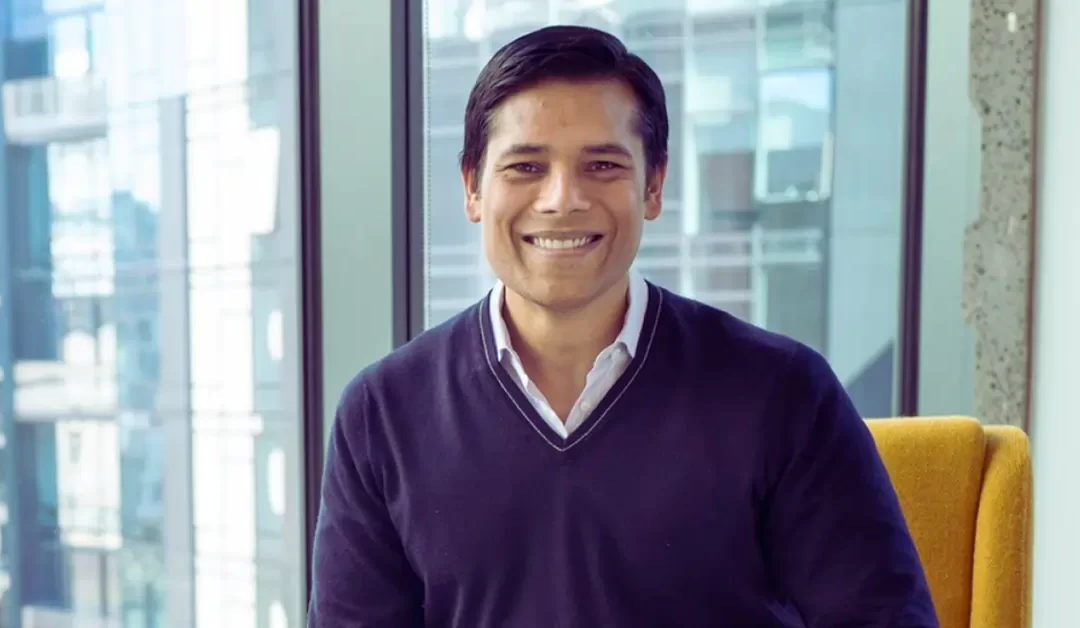Social media is often driven by scale, but Nextdoor took a different path, focusing on smaller, local communities instead of global reach. For years, this strategy worked well. The platform became a dominant space for neighborhood-based conversations, allowing users to connect over lost pet alerts, local business recommendations, and community updates. However, as time passed, the engagement started to dwindle. Users began to perceive the platform as merely transactional rather than a place for meaningful interaction. Additionally, the rise of misinformation, racism, and unconstructive discussions turned many people away.
Nirav Tolia’s Return and the Challenges Ahead
In an effort to revive Nextdoor, Nirav Tolia has stepped in once again to lead the company. Tolia, who originally founded the platform, left in 2018 due to board disagreements regarding a potential acquisition. However, when Nextdoor faced challenges like stagnating growth and diminishing advertiser interest, the board invited him back in 2021.
Financially, Tolia has a significant stake in the company’s success. As the largest individual shareholder, he remains heavily invested in its future. Currently, Nextdoor’s market cap hovers around $1 billion, a significant drop from its $4.3 billion valuation when it went public. Despite these setbacks, Tolia remains optimistic, stating that neither he nor Benchmark, an early investor, has sold any shares since the IPO.
Growth Strategies and Proprietary Data
Tolia believes Nextdoor’s proprietary data is a key asset for its future success. Unlike platforms such as Reddit, which have considered selling their data to companies like OpenAI and Google, Nextdoor plans to retain control over its data. This decision ensures that its user-generated content remains exclusive to the platform.
The company has reported some growth, with 45.9 million weekly active users as of September 2023—an increase of 13% from the previous year. However, challenges remain, including the company’s relatively small scale, which limits its ability to attract large institutional investors. Questions also persist about whether Nextdoor should continue as a public company or transition back to private ownership to facilitate long-term growth strategies.
Revamping the Nextdoor Experience
Tolia acknowledges that Nextdoor must evolve to regain user engagement. He emphasizes the importance of fostering stronger neighborhood connections and making the platform a more valuable resource for local communities. This shift includes enhancing the way information is presented and ensuring users receive relevant updates. The company is internally referring to this initiative as the “Next Nextdoor.”
One major change involves expanding the type of content available on the platform. Historically, Nextdoor has relied almost entirely on user-generated content (UGC). However, Tolia sees an opportunity to introduce new sources, including schools, local businesses, influencers, and news publishers. This approach aims to broaden the platform’s value and provide users with a richer, more informative experience. As part of this effort, Nextdoor plans to integrate more international news updates and relevant local stories into its feeds.
Addressing Controversial Conversations and Content Moderation
One of Nextdoor’s biggest challenges has been managing the tone and nature of discussions on the platform. While neighborhood conversations can be valuable, they can also become contentious, leading to negativity and misinformation.
To combat this issue, Nextdoor is leveraging AI to improve content moderation. The company has already implemented tools like the “kindness reminder,” which uses AI to detect inflammatory language before a post is published. Users receive a prompt suggesting they revise their wording for a more constructive conversation. Tolia believes AI will play a critical role in maintaining a positive community atmosphere while balancing concerns around free speech.
AI and the Future of Nextdoor
AI is not only being used for content moderation but also for enhancing the overall platform experience. Nextdoor has developed its AI technology in-house rather than outsourcing it. Tolia highlights three key elements that make Nextdoor well-positioned for AI-driven improvements: a dedicated team of engineers, a wealth of proprietary content, and a large user base to test AI models.
With over 100 million registered users, Nextdoor has a significant audience to refine its AI capabilities. The company’s commitment to AI innovation aligns with broader technology news today, as many tech firms explore AI-driven enhancements to improve user experiences and engagement.
Nextdoor’s Position in the Market and Potential Privatization
Despite its challenges, Nextdoor remains a prominent player in the local social media space. However, some industry analysts question whether it would benefit from going private again. As a public company, Nextdoor is subject to the pressures of quarterly earnings reports and market expectations. In contrast, private companies have greater flexibility to make long-term strategic decisions without immediate financial scrutiny.
Tolia has discussed this issue with longtime investor Bill Gurley of Benchmark. While they acknowledge the advantages of being private, they also recognize the prestige and growth opportunities associated with being a public company. Tolia believes that operating as a public company is the equivalent of playing in the “major leagues” of the business world. He argues that proving Nextdoor’s value as a public company is crucial for its future success.
Investor Landscape and Future Prospects
Currently, Tolia remains Nextdoor’s largest individual investor, with Benchmark as the largest institutional investor. Neither party has sold shares since the IPO, reflecting their confidence in the company’s potential. Notably, Ark Investment Management, led by Cathie Wood, has recently acquired approximately 4% of Nextdoor’s Class A shares.
However, Nextdoor faces a hurdle in attracting additional institutional investors. Many major investors have policies preventing them from investing in companies with a market cap below $3 billion to $4 billion. As a result, Nextdoor must first demonstrate consistent growth and improved financial performance to secure greater institutional backing.
A Path Forward
Nextdoor’s future hinges on its ability to deliver a compelling product experience, enhance user engagement, and attract advertisers. By leveraging AI, incorporating diverse content sources, and focusing on constructive community interactions, Tolia believes the company can regain its footing. While questions remain about whether it should remain public or go private, the leadership team is committed to proving Nextdoor’s long-term value.
With the implementation of new strategies and a clear focus on innovation, Nextdoor is positioning itself to navigate the challenges ahead and potentially reclaim its standing as the premier platform for neighborhood-based social networking.































